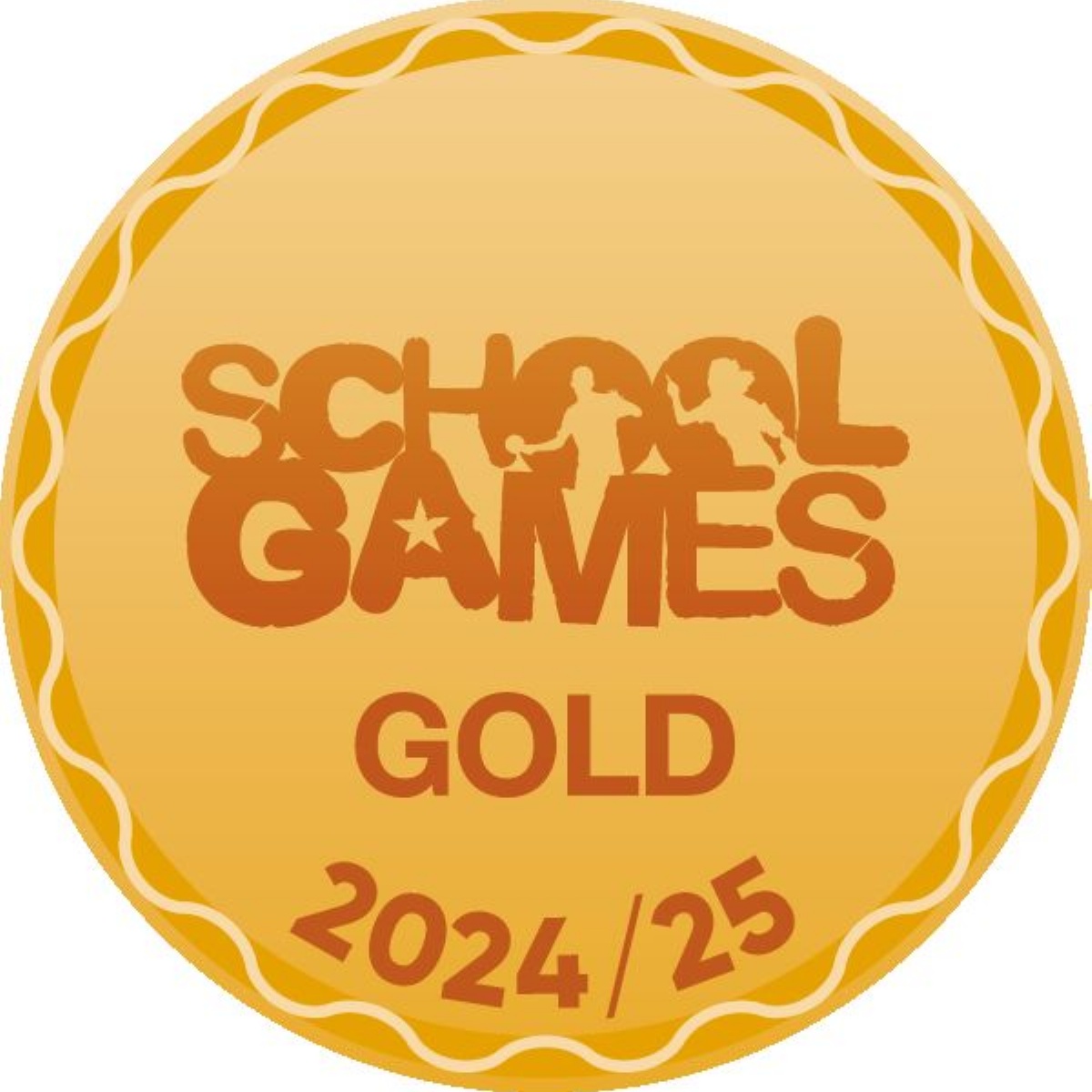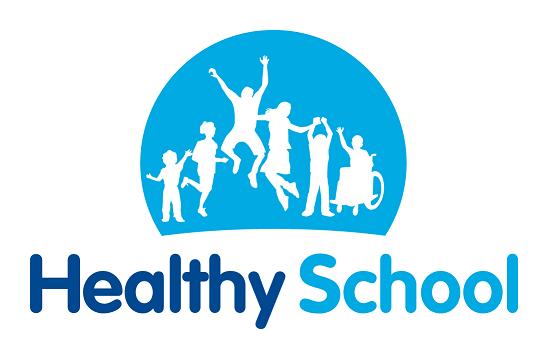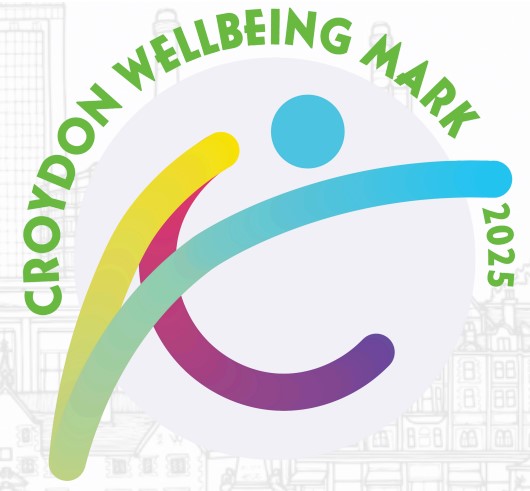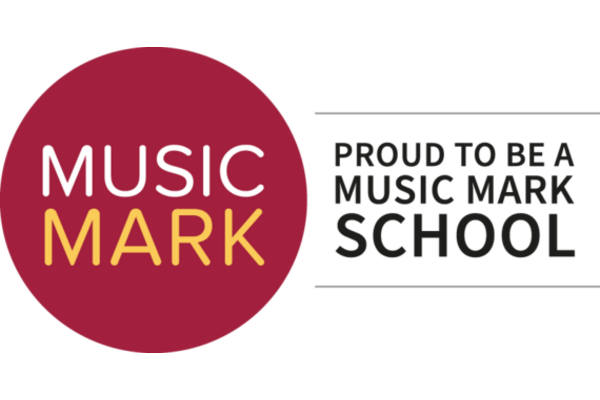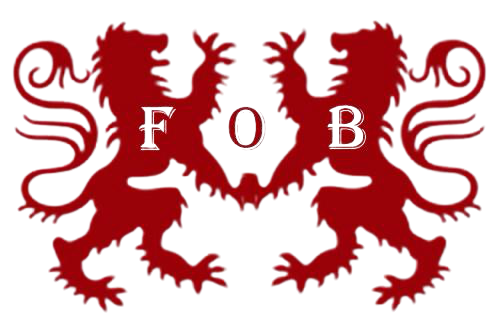Design Technology
Intent: Design Technology is an essential part of the primary curriculum. Art allows the child to develop their imagination and creativity, to make connections through their inventive minds and gives children the skills to record their imagination and ideas.
Art also encourages expression and visual thinking, which in turn helps children learn other subjects.
Implementation:
In the Early Years Foundation Stage (EYFS), children begin to develop important skills needed to become confident, imaginative and capable designers. Children will:
- Explore different media and materials: they will have the opportunity to explore and construct using a variety of different materials, tools and equipment with an intended purpose.
- Be imaginative: children will explore a range of products, materials and ideas through role play and exciting projects linked to English and other areas of the curriculum
- Make links with ‘The World’ and ‘Technology’: children will explore how things work and be encouraged to develop their questioning skills, also building links with Computing and programming.
In KS1 and KS2, we follow the DT Association ‘Projects on a Page’ to ensure a good quality DT curriculum.
Within each Design and Technology topic, children will participate in:
- Investigative Activities: children will explore how existing products work and how they have been made, linked to significant inventors. • Focused Tasks: Children will have the opportunity to learn new skills and how to operate equipment safely and accurately.
- Design Work: Children will generate their own ideas linked to Design Briefs and create working drawings to support their making activities.
- Making Activities: Children will apply their skills to create an innovative and functional product, adapting their designs when challenges arise. The use of Computer Software (CAD) may also be used to develop components on their finished design.
- Evaluative Activities: Children will have the opportunity throughout their project to evaluate their own work and the work of others, drawing on new ideas and adapting their working to create the best product they possibly can.
Within EYFS, KS1 and KS2, Children will also participate in at least one topic linked to Food and Nutrition each year. Through this topic, children will:
- Understand how to maintain a healthy diet and healthy lifestyle.
- Develop knowledge of where food comes from and how it is made. • Explore recipes and ingredients, adapting these to allow for creativity.
- Learn key cooking techniques and skills that can be applied to other recipes.
- Create and evaluate a healthy and delicious product.
All Design Technology lessons are designed to be inclusive, accessible and enjoyable for all and teaching staff will ensure additional support and resources are provided for children, when needed.
A range of extra-curricular activities and exciting opportunities are also available for children to participate in at Beaumont Primary, to develop their love and enthusiasm for Design Technology further. These include:
- The opportunity to attend Lego Club and Cooking Club.
- Theme days/weeks linked to Design and Technology topics through ‘Science and Engineering Week’.
- Whole School Competitions provided for children to participate in, (E.g. Design a Bug Hotel for the school grounds).
- Outside providers delivering workshops/assemblies in school.
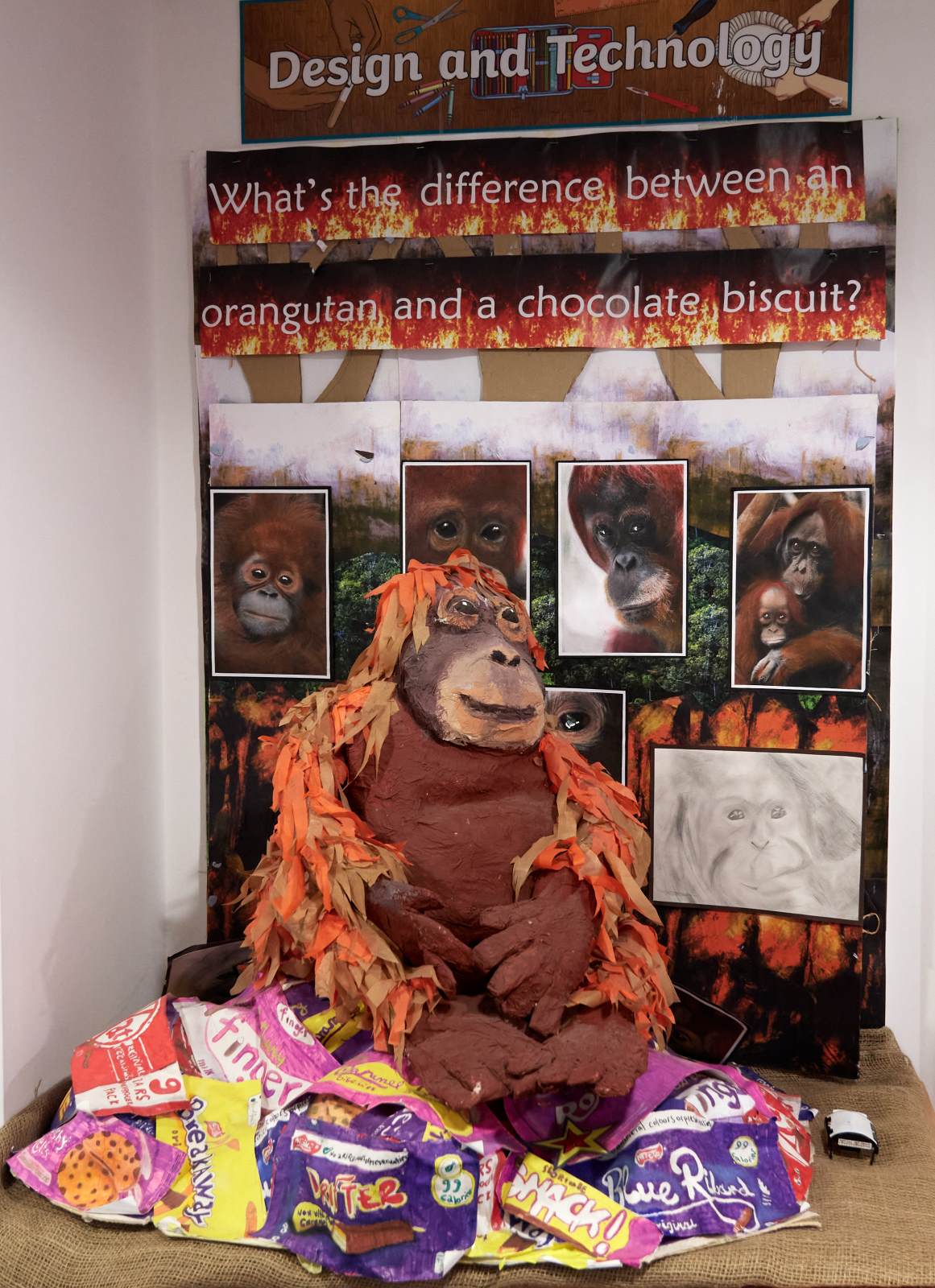 |
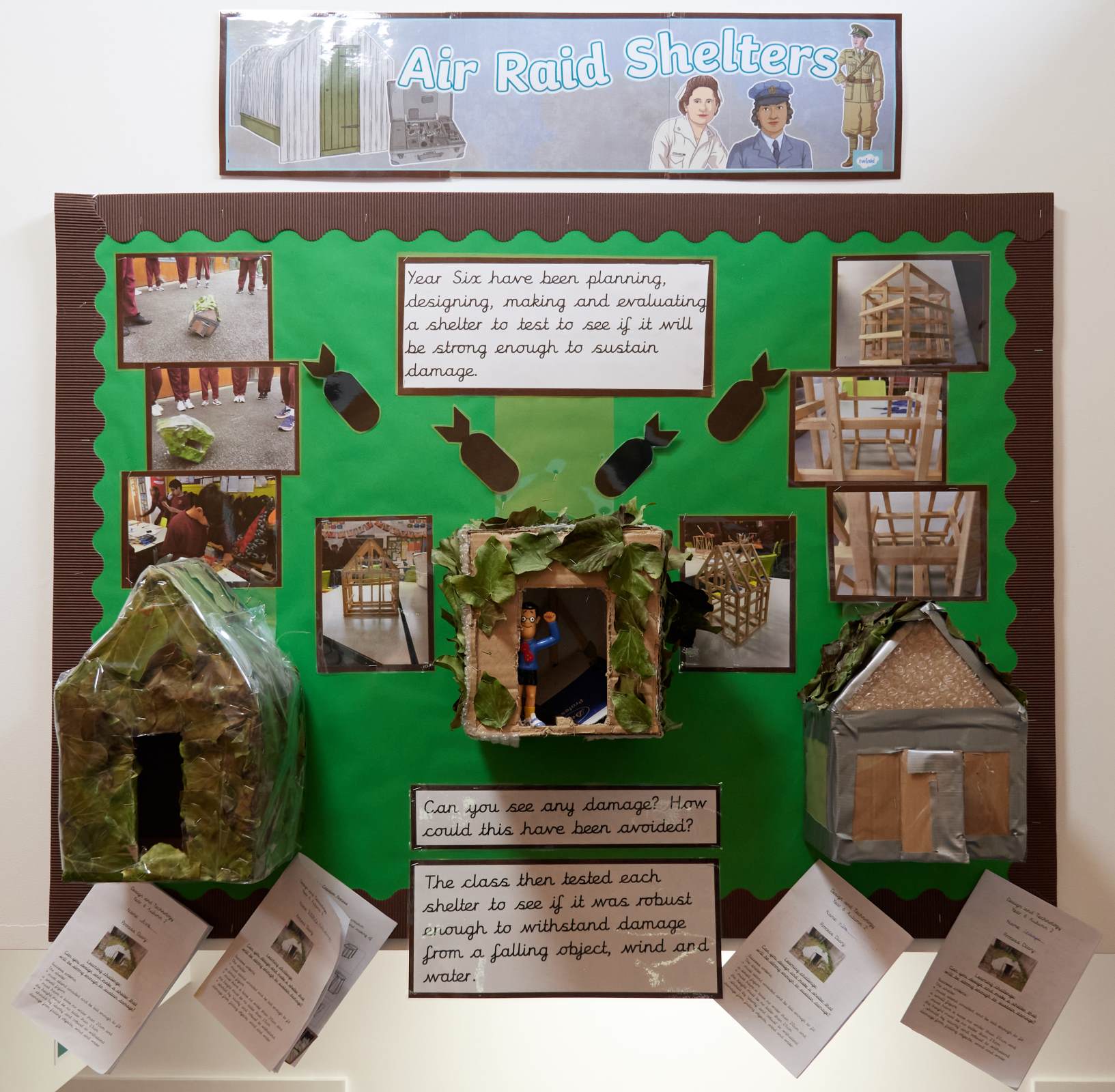 |
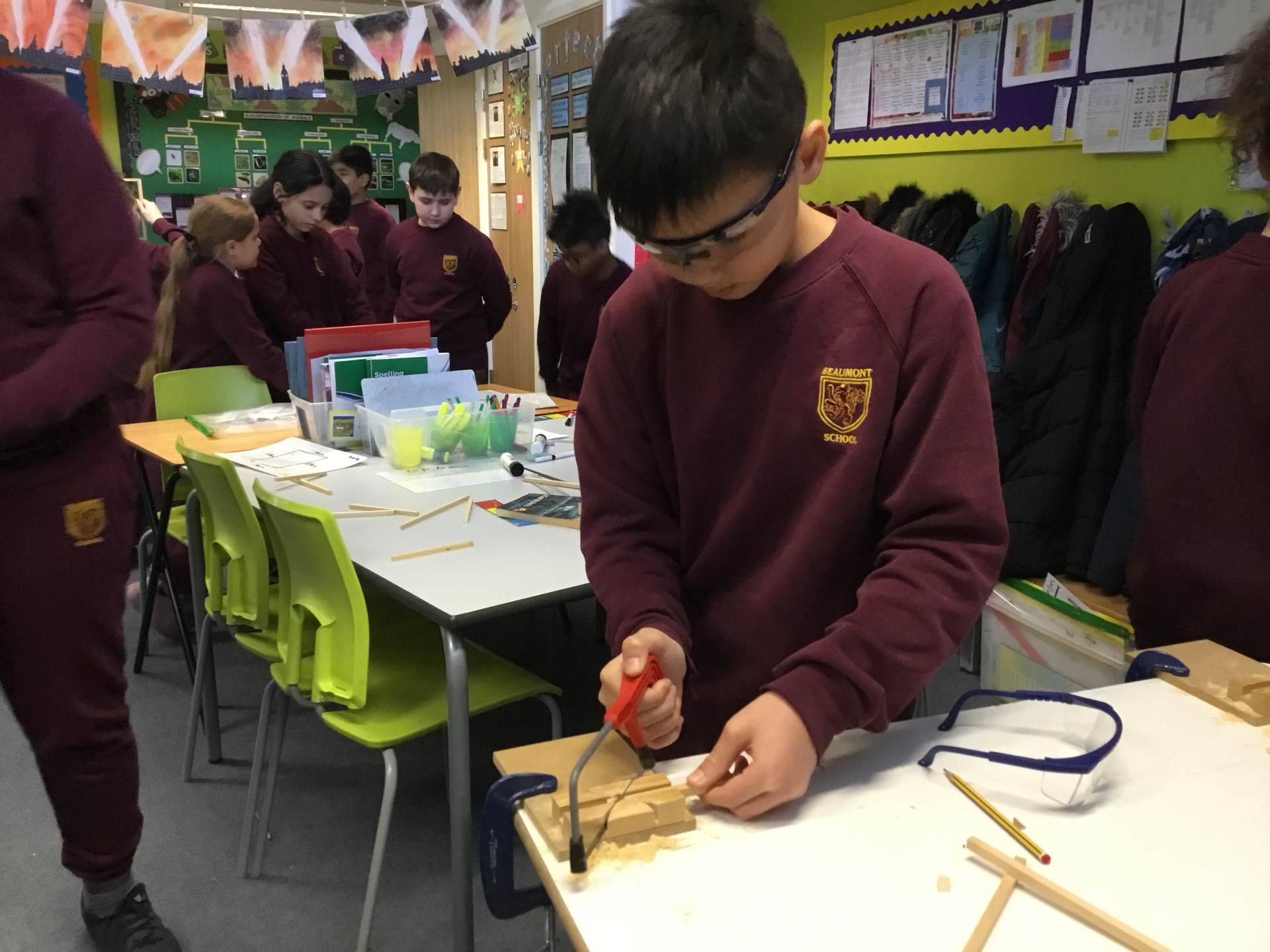 |
 |
Impact:
Through Design Technology at Beaumont Primary, children are:
- Collaborative and responsive: children work with and alongside others well to design and make functional products, understanding the role of listening, evaluating and compromising.
- Confident, reflective, determined designers: children are able to manage risks and create ambitious, high quality products that they are proud of.
- Motivated, enthusiastic and eager to learn: children enjoy the challenge and creativity of Design Technology and show confidence in learning and applying new skills and techniques.
- Knowledgeable and competent: children leave Beaumont Primary able to apply the skills, expertise and knowledge learned within an increasingly, technological world.
Assessment of children's learning in Design Technology is an ongoing monitoring of children's understanding, knowledge and skills throughout lessons by the class teacher. This assessment is then used to inform further planning. Most children will achieve age-related expectations in Design Technology within all year groups.


